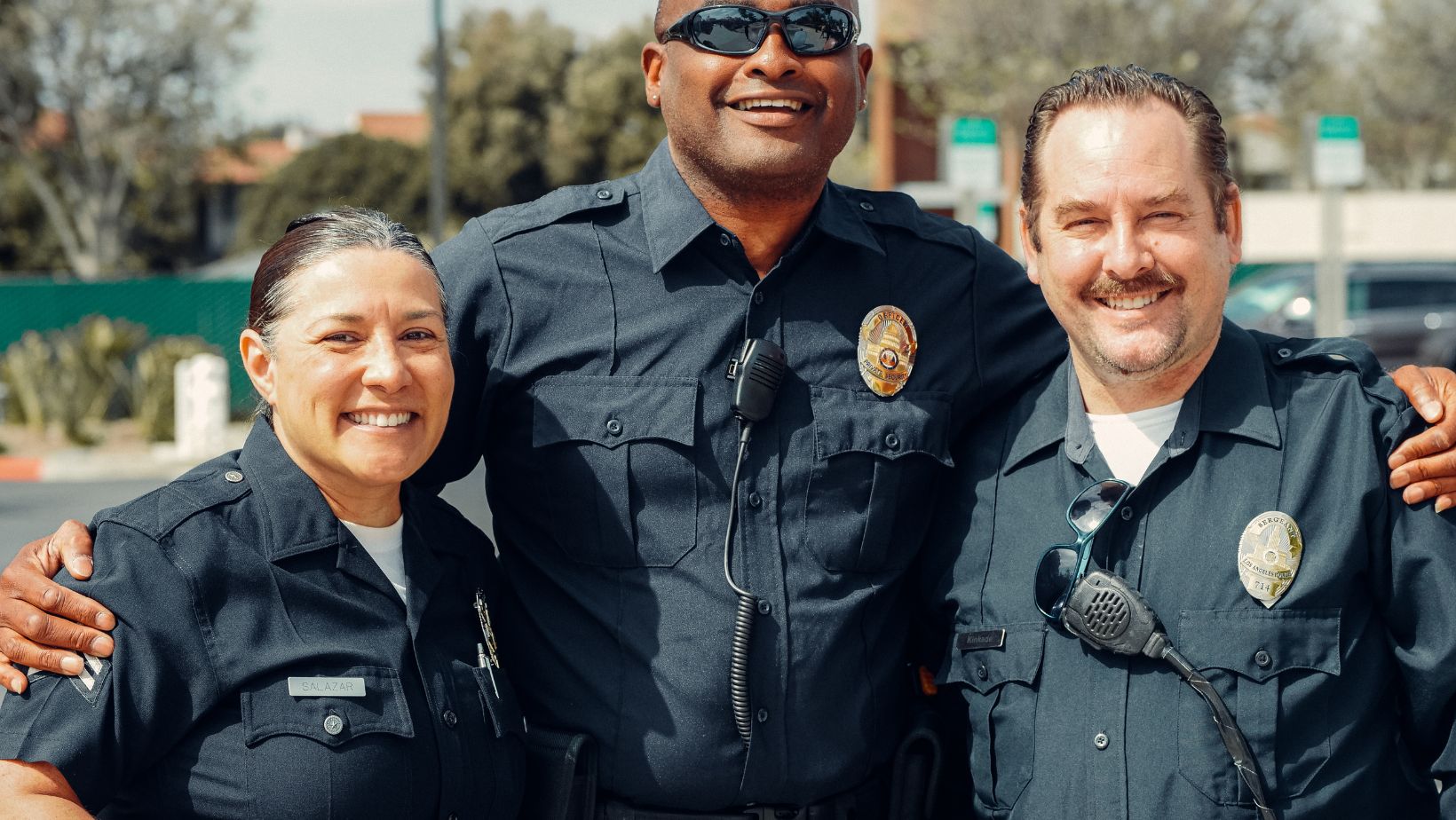
When it comes to high-pressure situations and quick decision-making, few teams can match the expertise and precision of a police or FBI SWAT team. Whether it’s a hostage situation, a terrorist threat, or a dangerous criminal on the loose, these elite units are trained to handle the most challenging and life-threatening scenarios. A police or FBI SWAT team exemplifies a highly specialized and coordinated team that operates with utmost professionalism and efficiency. In this article, we will explore the characteristics that make a SWAT team unique and how their teamwork plays a crucial role in successfully resolving hostage situations. Join me as we delve into the world of these exceptional teams and uncover the secrets behind their remarkable success.
A Police Or Fbi Swat Team Handling A Hostage Situation Exemplifies A ________ Team.
The Role of a SWAT Team
Being a member of a police or FBI SWAT team requires a unique set of skills and expertise. When a hostage situation occurs, these elite units are called upon to swiftly and effectively resolve the crisis. Their primary role is to neutralize threats while ensuring the safety of hostages and their fellow team members.
SWAT teams are highly specialized and are trained to handle high-pressure situations with precision and accuracy. They are equipped with advanced tactical gear and weaponry that enables them to respond rapidly and decisively. SWAT operators are well-versed in various strategies, including breaching techniques, tactical movement, and negotiation tactics.
In a hostage situation, a SWAT team must assess the situation, gather crucial intelligence, and develop a precise plan of action. They must be able to think quickly, adapt to changing circumstances, and make split-second decisions.
Training and Qualifications
To become a member of a SWAT team, extensive training and qualifications are required. Candidates undergo a rigorous selection process that includes physical fitness tests, psychological evaluations, and background checks. Only the most exceptional individuals are chosen to join these elite units.
Once selected, SWAT team members undergo intensive training programs that cover a wide range of skills. This includes marksmanship, close quarters combat, explosive breaching, hostage rescue techniques, and tactical decision-making. They also receive specialized training in handling various weapons and equipment.
Continuous training and skill development are essential for SWAT team members. They participate in regular drills and simulations to ensure their readiness for any given scenario. Additionally, they often collaborate with other law enforcement agencies and military units to enhance their knowledge and skills through joint training exercises.
A police or FBI SWAT team handling a hostage situation exemplifies a highly specialized and skilled team. Their ability to work seamlessly together, make split-second decisions, and adapt to changing circumstances sets them apart. Through rigorous training and constant preparation, these elite units ensure that they are always ready to protect and serve in the most critical situations.

Handling a Hostage Situation
When a police or FBI SWAT team is called upon to handle a hostage situation, it exemplifies a truly remarkable team. These elite units are highly skilled and extensively trained, equipped with advanced tactical gear and weaponry. They possess the ability to think quickly, adapt to changing circumstances, and make split-second decisions. Let’s dive deeper into how a SWAT team handles a hostage situation.
Assessing the Situation
The first crucial step for a SWAT team is to assess the situation. Upon arriving at the scene, they gather as much information as possible to understand the dynamics of the situation. This includes gathering intelligence on the number of hostages, their location within the building, the identity and motive of the hostage-taker, and any potential threats.
Through careful observation and analysis, SWAT team members use their expert training to evaluate the risk level and determine the most appropriate course of action. They consider factors such as the presence of firearms, potential escape routes, and the potential for escalation. In this high-pressure environment, their ability to make quick and accurate assessments is crucial.
Establishing Communication
Establishing communication is a vital component of resolving a hostage situation peacefully. SWAT teams are trained in effective negotiation techniques to establish a line of communication with the hostage-taker. They use their expertise to de-escalate the situation and create a rapport with the perpetrator.
Given the sensitive nature of hostage situations, maintaining effective communication is a delicate balance. SWAT team members must carefully choose their words, remain calm and objective, and actively listen to the demands and concerns of the hostage-taker. Through their expert negotiation skills, they aim to build trust and ultimately secure the safe release of the hostages.






